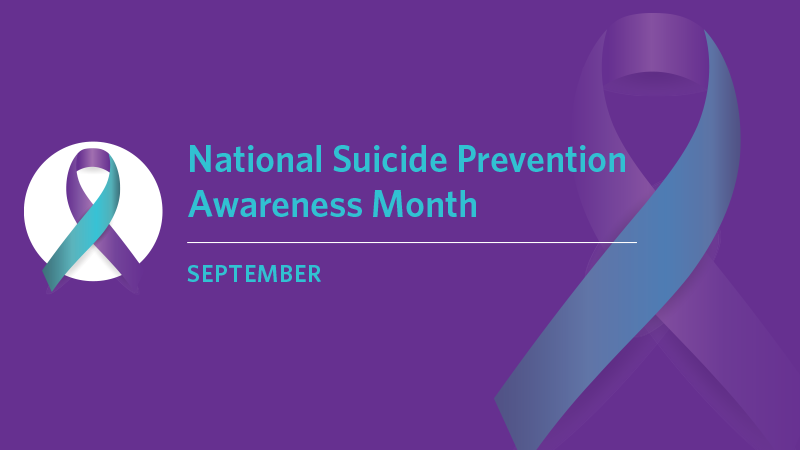In a healthcare setting, reaching out for support if you or a colleague is struggling with stress, feelings of burnout, or other mental and emotional challenges that could cascade into a suicide crisis is difficult. One way to help face these issues is by planning for them in advance with a personal crisis management plan. Using this tool will support you or your colleague in quickly accessing the coping resources needed to navigate a moment of crisis.
Speaking with someone who is struggling can be a critical first step in helping them get the support they need. If you are concerned that someone close to you is exhibiting concerning signs of emotional distress, stress first aid offers a framework for engaging in a conversation through suggested prompts and actions:
- Check: “You seem stressed. How are you doing?”
- Coordinate: Get assistance from a manager or others as needed.
- Cover: “How about we take a few minutes in the break room?”
- Calm: “Take a slow, deep breath with me a few times.”
- Connect: “Who have you been talking to about this? Who would you want to talk with?”
- Competence: “There are things that we can do together to make it through today and this week.”
- Confidence: “The work we do is really important; you matter and make a difference.”
There is no universal way to approach these tough conversations, but the Vital Signs campaign to prevent physician suicide offers the following framework:
- Prepare for the conversation: Locate available resources or support groups to learn more about the underlying risk factors for suicide and updated research on physician burnout.
- Find the right time: Most times, you will not be able to speak with someone the moment you notice they might need support. Find a time when there will not be interruptions, neither person is overly tired, and you won’t be distractions by other obligations.
- Choose the right language: Your language needs to reinforce patience, understanding, and hope. Be careful to not come across as criticizing or shaming the person.
- Listen, actively: Even if it isn’t what you want or expect to hear, you must acknowledge what the conversation partner is saying, show them you’re listening, and reiterate your support and willingness to help.
- Navigate resistance: Plan for some level of resistance—or even denial. Always remain calm and patient and show your authentic support.
If you think someone needs help, don’t wait. For further guidance or to get immediate assistance during a suicide crisis, dial 988 to connect to the National Suicide Hotline for free, 24/7 support.












